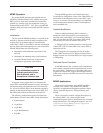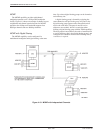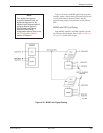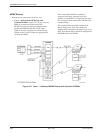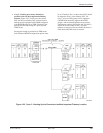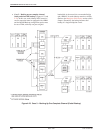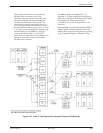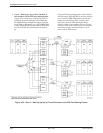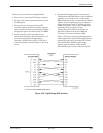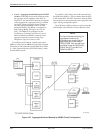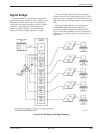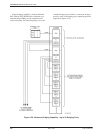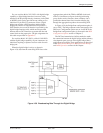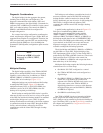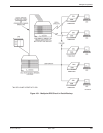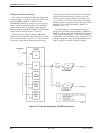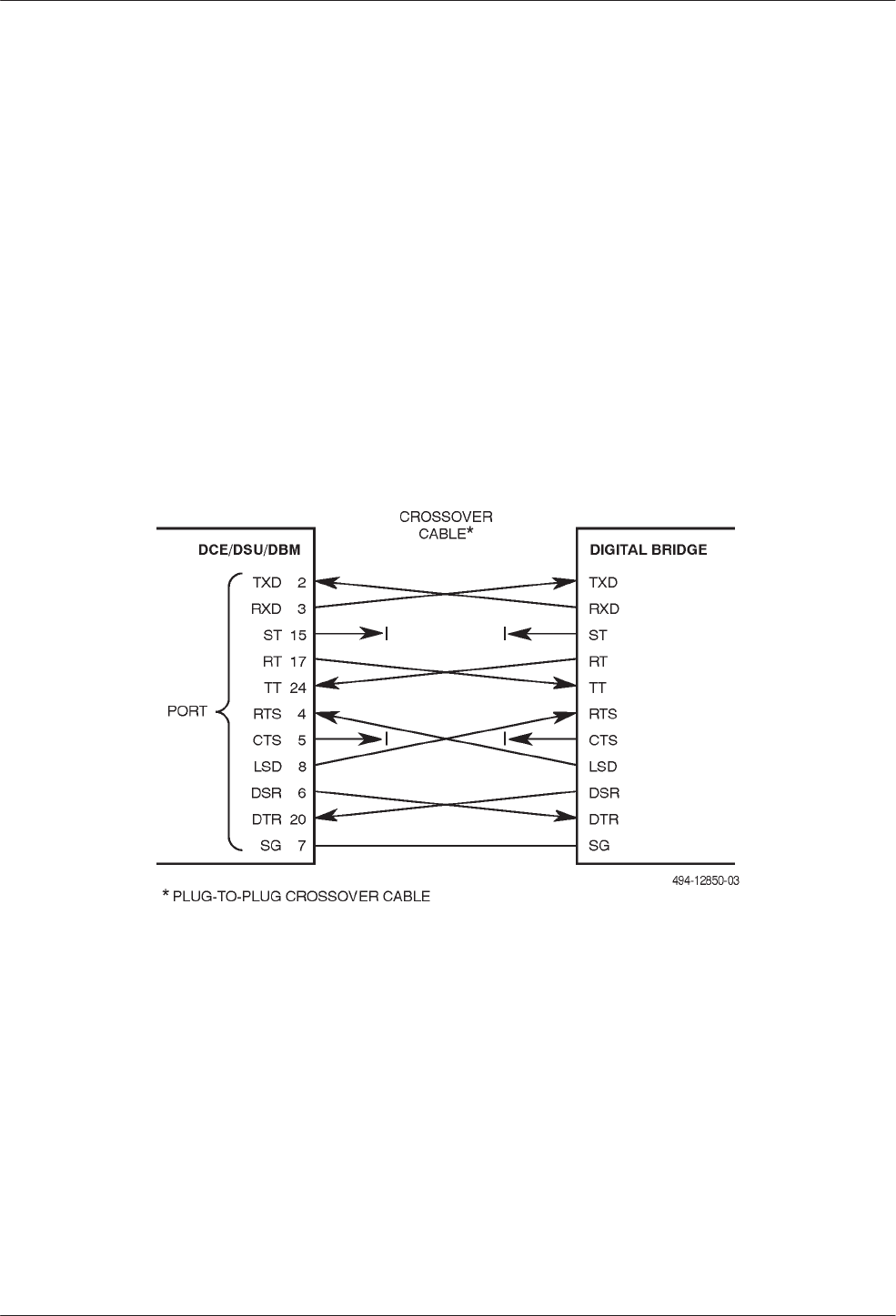
Principles of Operation
4-333610-A2-GB41-60 March 1999
There are several restrictions to implementation:
• There can be at most three DTE inputs (channels).
• The sum of the channel speeds should be less than
the DBM speed.
• The ports that are connected using the FEP
port-sharing feature should be set to the same port
speed or disabled (Disab) in the Port Speed (PrtSp)
configuration options for both the DSU and DBM.
• Pseudo-controlled carrier operation must be
enabled in the tributary to control direction for all
ports that are part of the FEP port-sharing
connection. Set RTS Cntrl to DTE, TxCarrSel to
Cntrl at the tributary, and RxCarrSel to Cntrl at the
control.
• Since the dial backup operation is performed in
TDM mode, the MCMP channel-to-port assignment
capability is not available. Port 1 at the control
DBM should map to Port 1 at the tributary DBM. In
addition, only two DSD groups can be supported
during the backup. If there is a DSD group at the
tributary, the pseudo-carrier control configuration
option should not be used for the port
corresponding to the DSD group. Instead, set
RxCarrSel to Mark at the control DBM and
TxCarrSel to Const at the tributary DBM.
Figure 4-26 shows how the digital bridge interface
cable completes the communication path between a
digital bridge port and its associated DCE. With a
non-modular DSU-MCMP, a digital bridge
interface cable is required; with a modular
DSU-MCMP, only crossover cables are required.
Figure 4-26. Digital Bridge/DCE Interface



